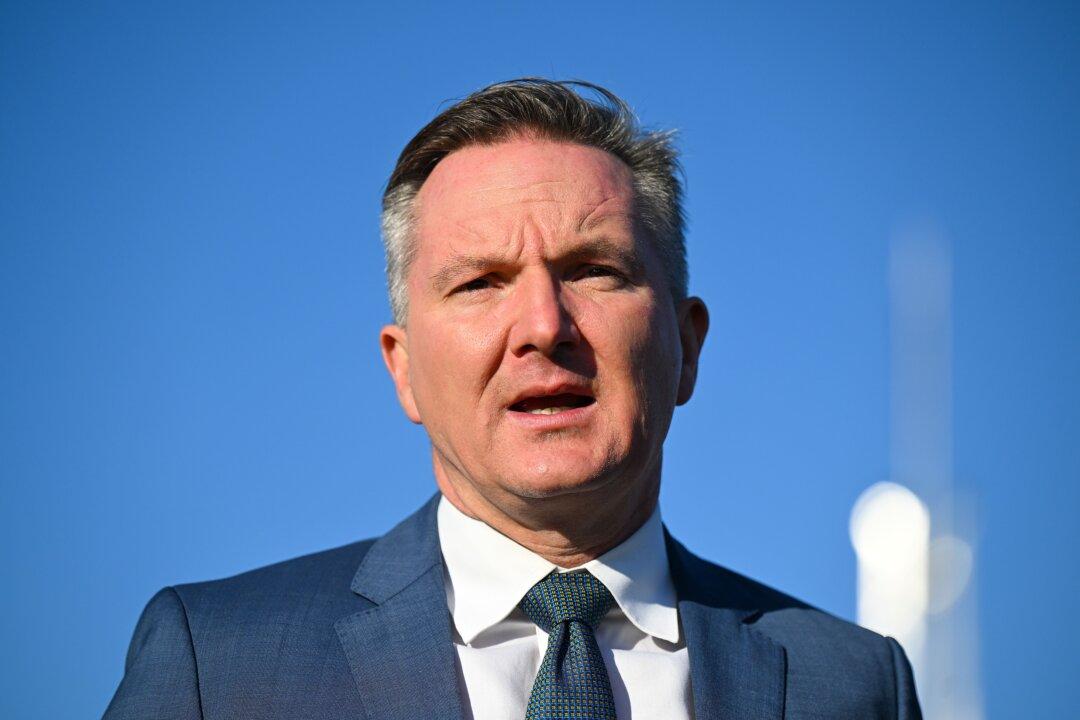Australian Energy Minister Chris Bowen has renewed his criticism of nuclear energy following the release of a government analysis saying it will cost hundreds of billions of dollars to transition from coal to nuclear.
This comes as the Opposition continues its push for nuclear power to be included in Australia’s energy mix amid the country’s pursuit of net zero by 2050.





